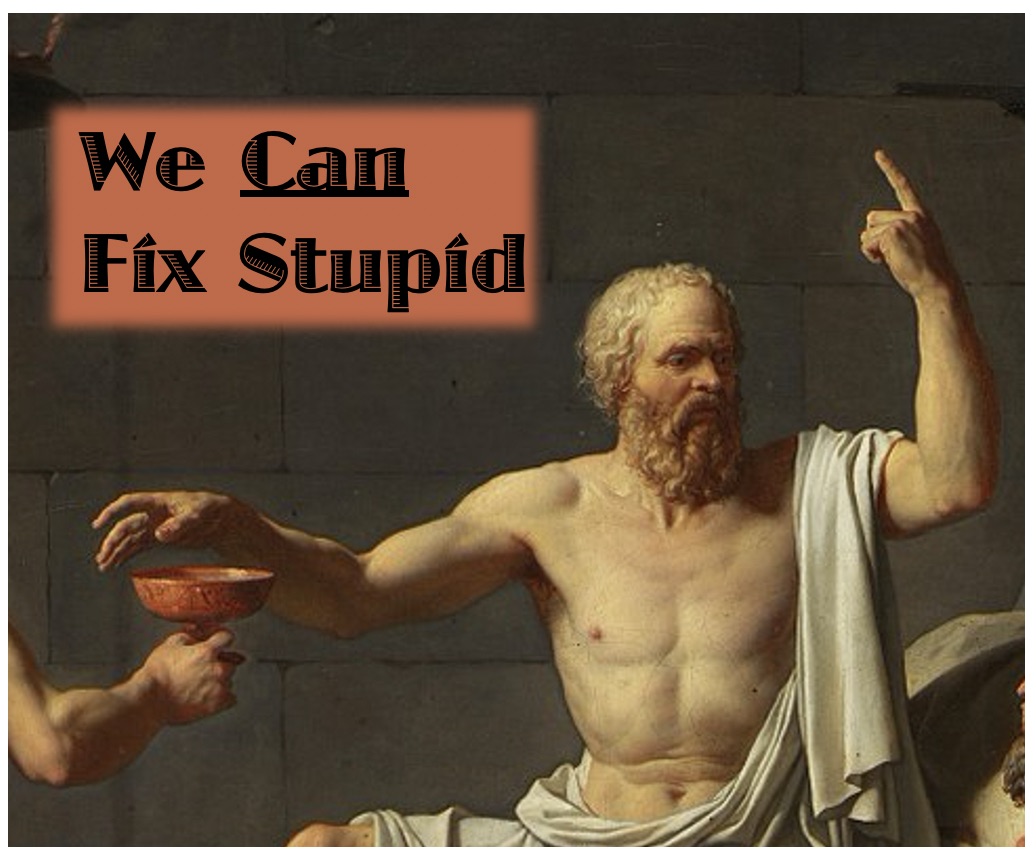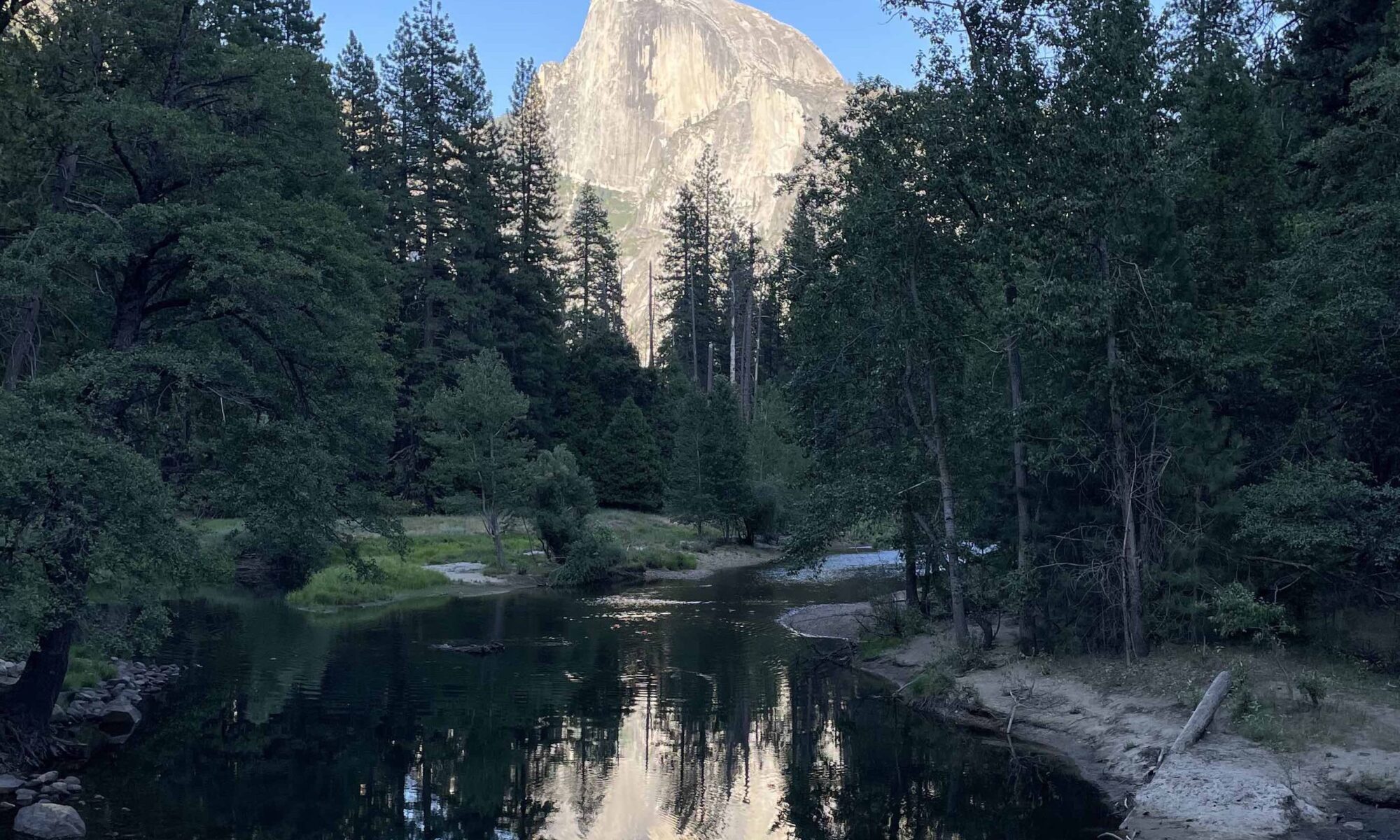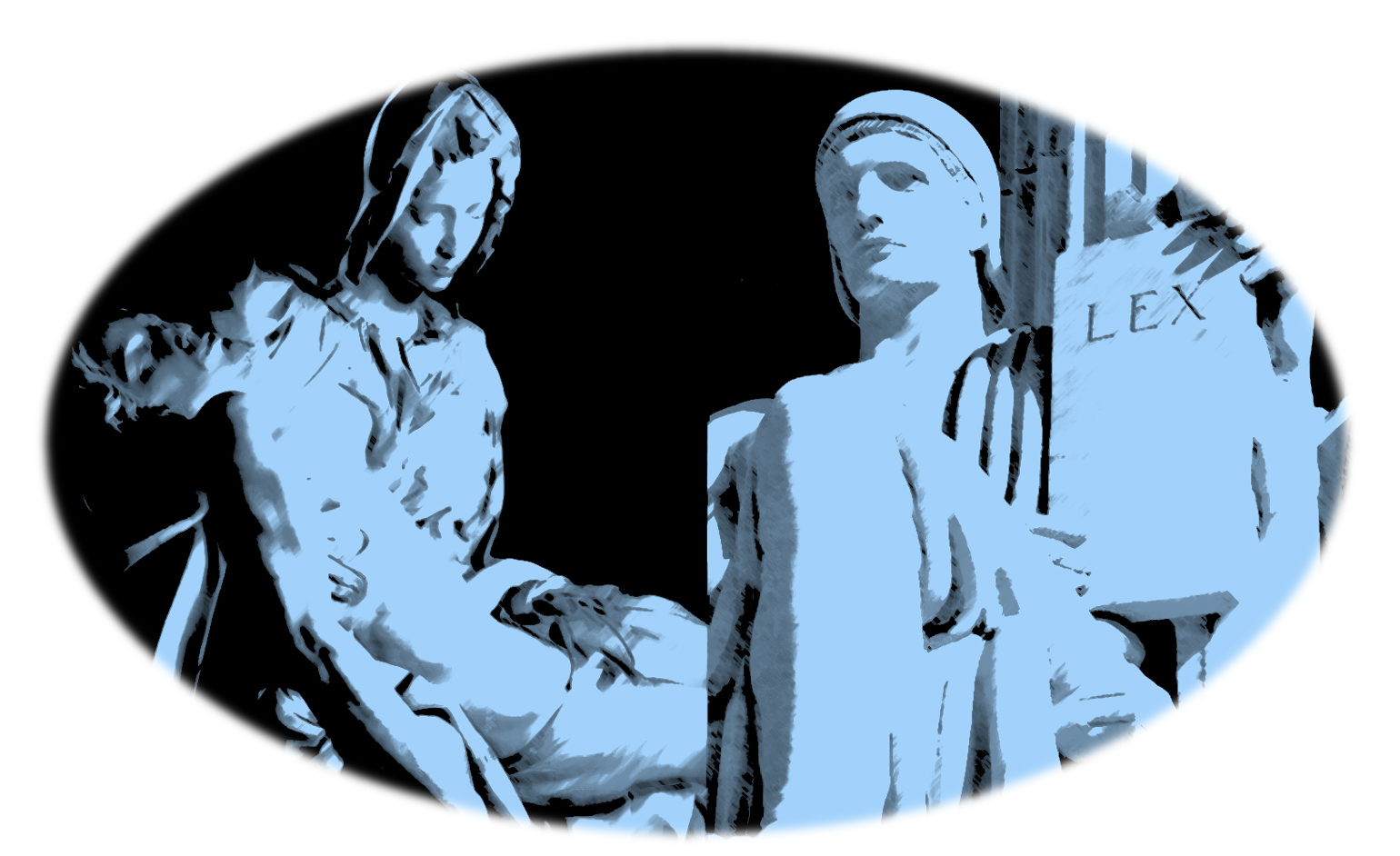Fresno Bee, September 5, 2021
Dr. Rais Vohra, Fresno County’s interim health officer, warned this week of an “information pandemic. He said, people who are “infected by viral misinformation” need to “inoculate themselves with the truth.”
We are plagued by misinformation, disinformation, and outright stupidity. Mis-information is mistaken information. It is not necessarily malicious. Dis-information is worse. It is basically a lie. Disinformation is a malicious attempt to make you believe something that is not true. And stupidity? Well, it’s a failure of intelligence. But it is not only a mental malfunction. Stupidity also involves actively embracing false and pernicious ideas.
The doctor was calling out people who are reluctant to get the Covid-19 vaccine because of false information. Almost half of the population of Fresno County remains unvaccinated. There is also the problem of people poisoning themselves with ivermectin, a horse de-wormer.
This is dismaying but not surprising. History is full of terrible ideas and epidemics of stupidity. Not long ago, kids were eating Tide pods and teenagers were stuffing their mouths with ground cinnamon. Even worse was smoking, a stupid habit that caused long-term health problems for millions of people.
The good news is that people usually wise up. The bad news is that advertisers and propagandists are always working to spread more stupidity. Ideas are contagious. They circulate and propagate. Some catch on. Some die out. This is true for all ideas—good ones and bad ones.
Stupidity has a tendency to attract our attention because it is ridiculous. It can also cause us to lose faith in humanity. It is not only the absurdity of dumb ideas that bothers us. We are also alarmed by the strange sense of certainty that stupid people seem to have.
We may worry that our own beliefs may be just as stupid. This can prompt a crisis of faith. As Shakespeare said, the fool thinks himself wise, but the wise man knows himself to be a fool.
Cynics worry that bad ideas are more easily spread than good ones. But this is not true. Bad ideas only spread when the intellectual immune system is weak. And good ideas can be reinforced through conscious effort.
It is disheartening to know that stupidity is contagious. But we know the cure. Social distancing helps. We should isolate dumb ideas and prevent them from proliferating. The long-term solution is the vaccination we call education. Education strengthens the intellectual immune system.
The campaign against smoking provides an example of a successful approach. People were taught that smoking was unhealthy. Smoking was prohibited in public places. And taxes were levied on tobacco products. It took decades, but smoking declined. In the 1950’s, 45% of Americans smoked. These days the number is around 15%.
As we fret about the recent plague of stupidity, let’s celebrate the fact that many good ideas have caught on. And some very bad ideas have died out. Slavery was abolished. Women were liberated. Old superstitions and stereotypes have faded away along with the idea that smoking is cool.
Technology and culture play a role in all of this. Human culture is a process of spreading ideas. We gossip and talk, exchanging stories and information. In the old days this occurred slowly through face-to-face interactions among friends and family.
Electronic communication is faster and more volatile. Memes and trends explode overnight. Robots and artificial intelligence manipulate the cyber-ecosystem. They target us with advertising, including misinformation and disinformation.
The bad news is that misinformation and disinformation can spread quickly in cyberspace. The good news is that the truth is also out there and is often easy to find. But we need to be educated about where to look and how to distinguish the truth from a lie. That’s called information literacy and critical thinking.
It’s not true, as a folksy proverb puts it, that “you can’t fix stupid.” Nobody really believes that cynical proverb. Educators and coaches certainly don’t. And experience teaches us that stupidity can be fixed. It takes practice and discipline to overcome intellectual laziness and ignorance. But we can make progress. This is a lifelong project. People make mistakes. But we can learn from our mistakes. And we can build up an immunity to dumb ideas.






